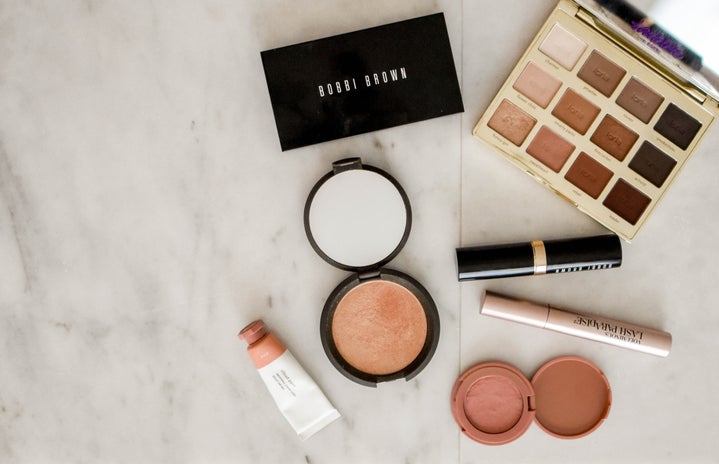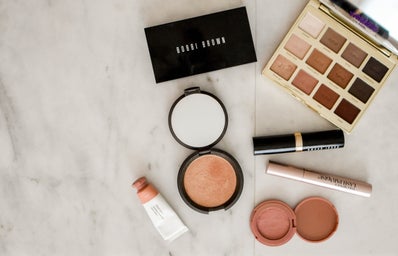Shopping for new makeup and beauty products is always an exciting task, but sustainability is not at the top of many people’s wish lists for their products. Many beauty brands simply advertise being “organic” or “all natural,” but what do these really mean? Some brands love to give the illusion that they are a better brand for their customers, but unfortunately this is not always the case. Along with this, many consumers will look for products they believe are better or more natural for their skin, but what about eco friendly? A common misconception is that these things go hand-in-hand, but good for the skin and good for the environment are not always synonymous. Here are some not so well-known and eco friendly beauty brands that really do practice what they preach!
Juice Beauty was launched in 2005 by Karen Behnke while she was searching for better products for her skin and a desire to create change in the beauty industry. Products are made with the highest standards for both consumers as well as the environment, with many eco-friendly production processes in place. All Juice Beauty products are made without any harmful pesticides, petroleum, propylene glycols, silicones, sulfates and much more. They are also certified vegan and don’t test on animals! Best of all, it utilize solar and wind power in its production processes, packaging is made with recycled paper, and is printed with non toxic soy ink. Everything is even sourced locally within the USA.
While this brand itself is quite well-known, its sustainable practices usually are not. Along with all natural and totally pronounceable ingredients, Burt’s Bees packaging focuses on using post consumer recycled content, and its also shrink-wrap free. The kit packaging is 100 percent plastic free, using recyclable paper foam rather than plastic trays. The paperboard cartons for their products contain 65 percent post consumer recycled content and their lip gloss caps contain 100 percent recycled plastic. Burt’s Bees also values responsible community sourcing that focuses on transparency throughout the supply chain. These are only a few of the great steps the company has taken.
Developed by George and Lena Korres, Korres is a Greek brand that believes in plant-based, environmental friendly skincare products. Ingredients focus on highly researched plant extracts and medicinal herbs. Products are also free of petroleum, silicones and propylene glycols. One of the most interesting things about this company is its use of pharmaceutical-grade water, which is over five times more pure than what is required for use in its product formulas! Through the production process there is a continuous effort to minimize environmental impact through energy and waste management programs. It is also completely cruelty free, and it doesn’t sell to countries that require animal testing!
Suki is a skincare brand for sensitive skin that preaches purity, ethics and transparency. All products are developed by the creator, Suki Kramer, and produced at the company’s facility in Massachusetts. It claims virtually no carbon output from its processing, and it has glass packaging instead of plastic. Packaging also includes only organic cornstarch packing peanuts, unbleached newsprint papers, and vegetable-based biodegradable inks. Sourcing is fair trade and mostly local; always focusing on minimizing its carbon footprint and supporting sustainability. Like the other brands, it is also majority vegan and completely cruelty free.
Aveda is probably one of the most impressive companies when it comes to sustainability. From start to finish, Aveda goes to great lengths in order to stay within environmentally conscious practices. Its packaging is made from 100 percent post consumer recycled material and plant-based bioplastic made from sugarcane. Along with this, its products are manufactured with 100 percent wind power and are working towards complete “carbon neutrality.” All ingredients must meet the “green requirements,” which include being at least 50 percent derived from plant material, certified organic and sourced sustainably without harm to its natural ecosystems. Quite honestly, there is too much information on Aveda’s practices to fit in just one article!
All of these brands have much more information about sustainable practices listed on their websites, so make sure to check them out!



